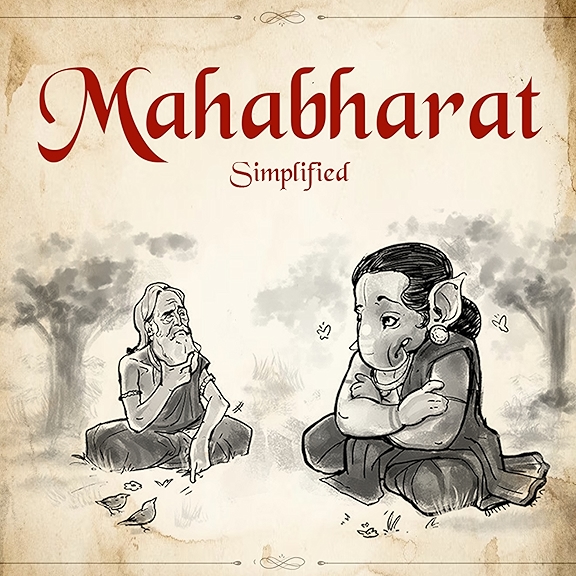
Episode 13 - 1958: The Rise of Cold War Liberalism
In 1958, Pres. Eisenhower grew fearful that Middle Eastern revolutions were posing a threat to America's military & economic interests, so he flexed US muscles by sending troops to Lebanon in what turned out to be an uneventful beachside deployment. Vice-President Nixon received a menacing reception while on tour in South America. In domestic politics, the big story of the late 50s was the rise of Cold War Era Liberalism, which became possible once the fears of McCarthyism subsided & Americans again began dreaming of major reforms. A new avant-garde emerged in the arts, as figures such as Jack Kerouac & Lenny Bruce were not afraid to challenge conventions. The Supreme Court under the leadership of Chief Justice Earl Warren issued rulings protecting civil liberties. John Kenneth Galbraith's "The Affluent Society" & other non-fiction bestsellers made the case for more government funding to public education & social services. In the 1958 Congressional elections, Democrats gained significant ground in both houses of Congress. Senator John F. Kennedy began laying the groundwork for an upcoming presidential bid. Meanwhile, figures on the Conservative Right (such as National Review published William Buckley, Atlas Shrugged author Ayn Rand, & John Birch Society founder Robert Welch) began challenging Eisenhower's moderate Republicanism. Finally, the United States expanded its official borders to new frontiers on the fringes of the North American continent by granting statehood to both Alaska & Hawaii.
Support the show



















